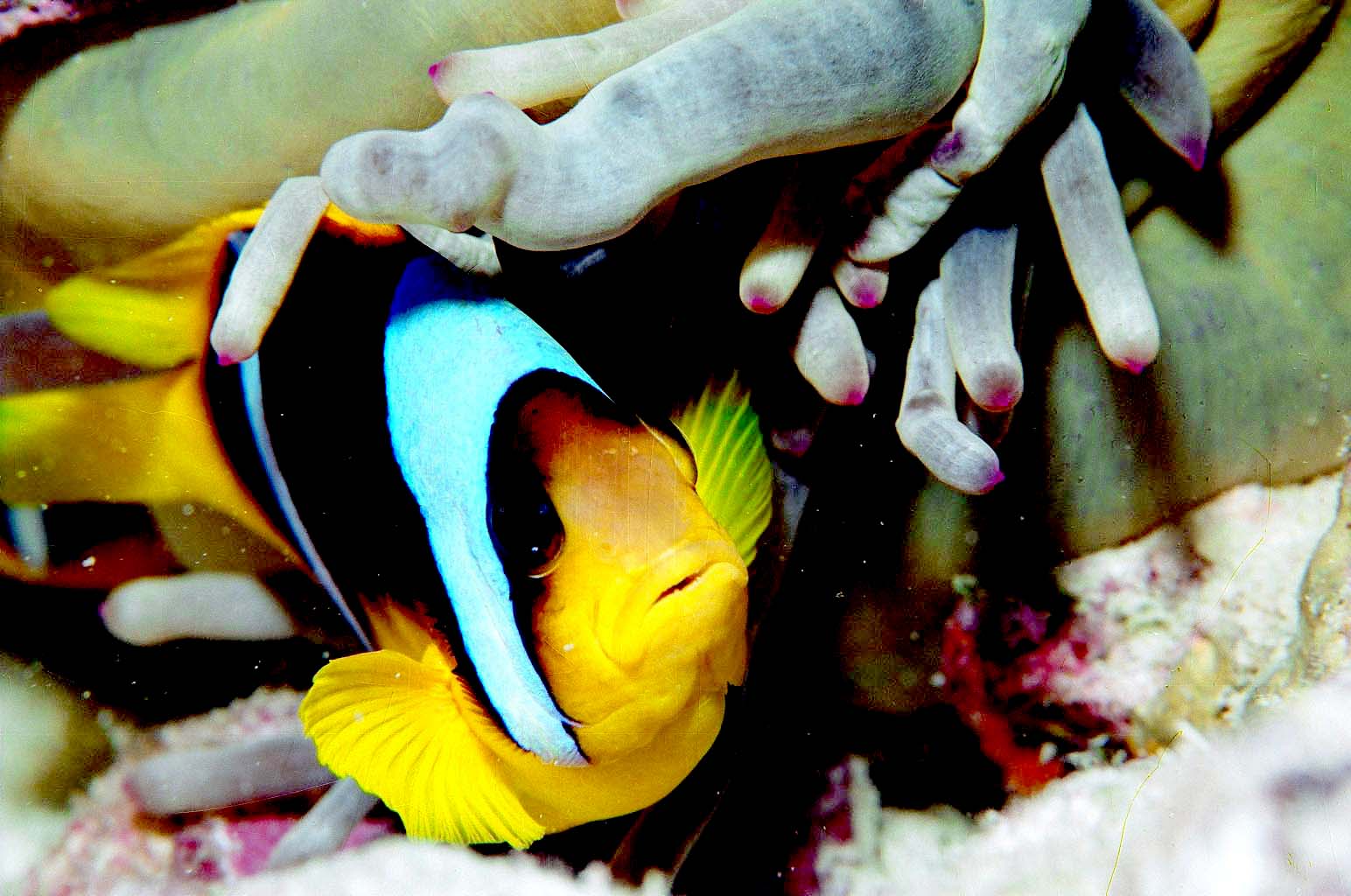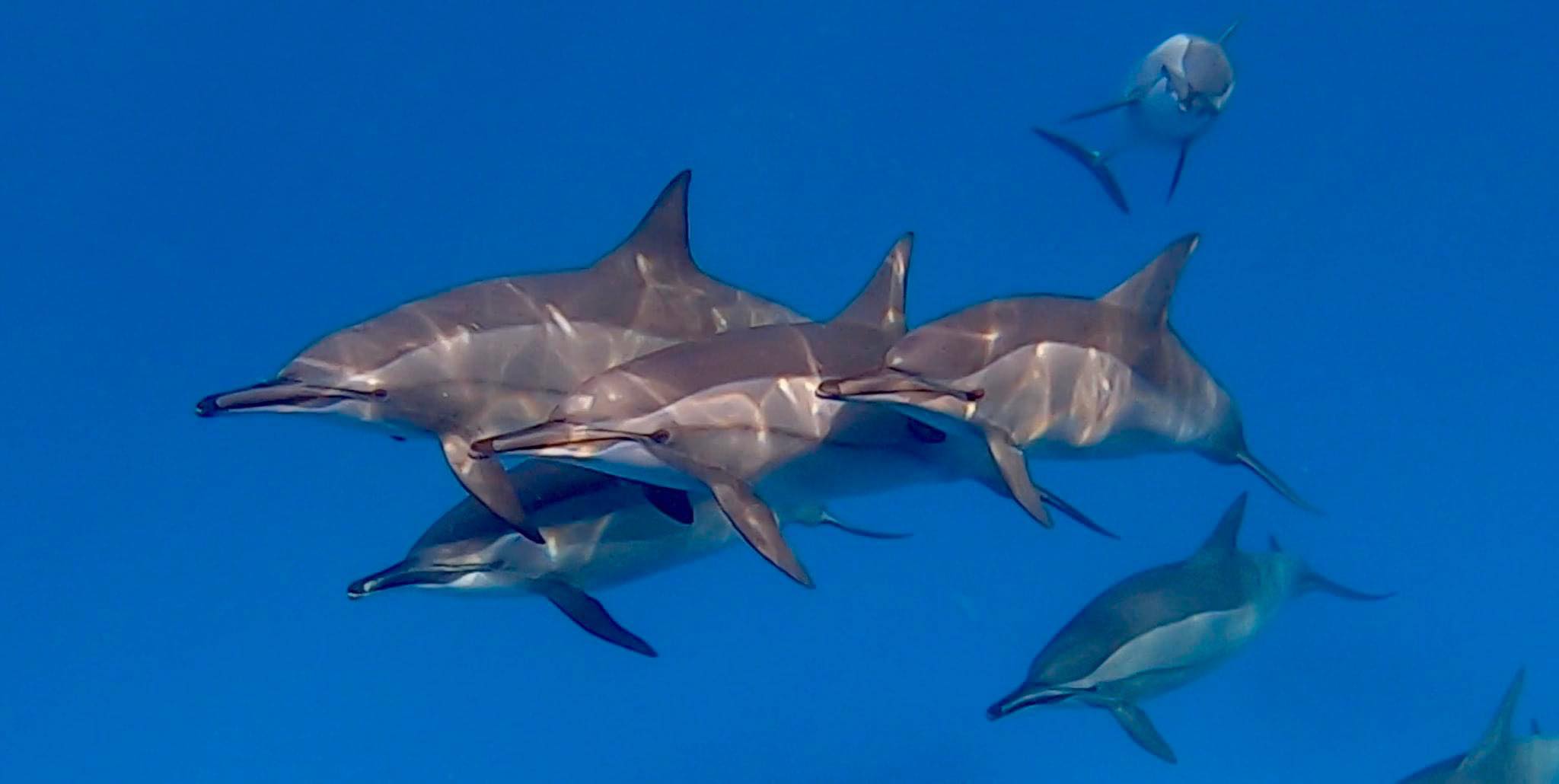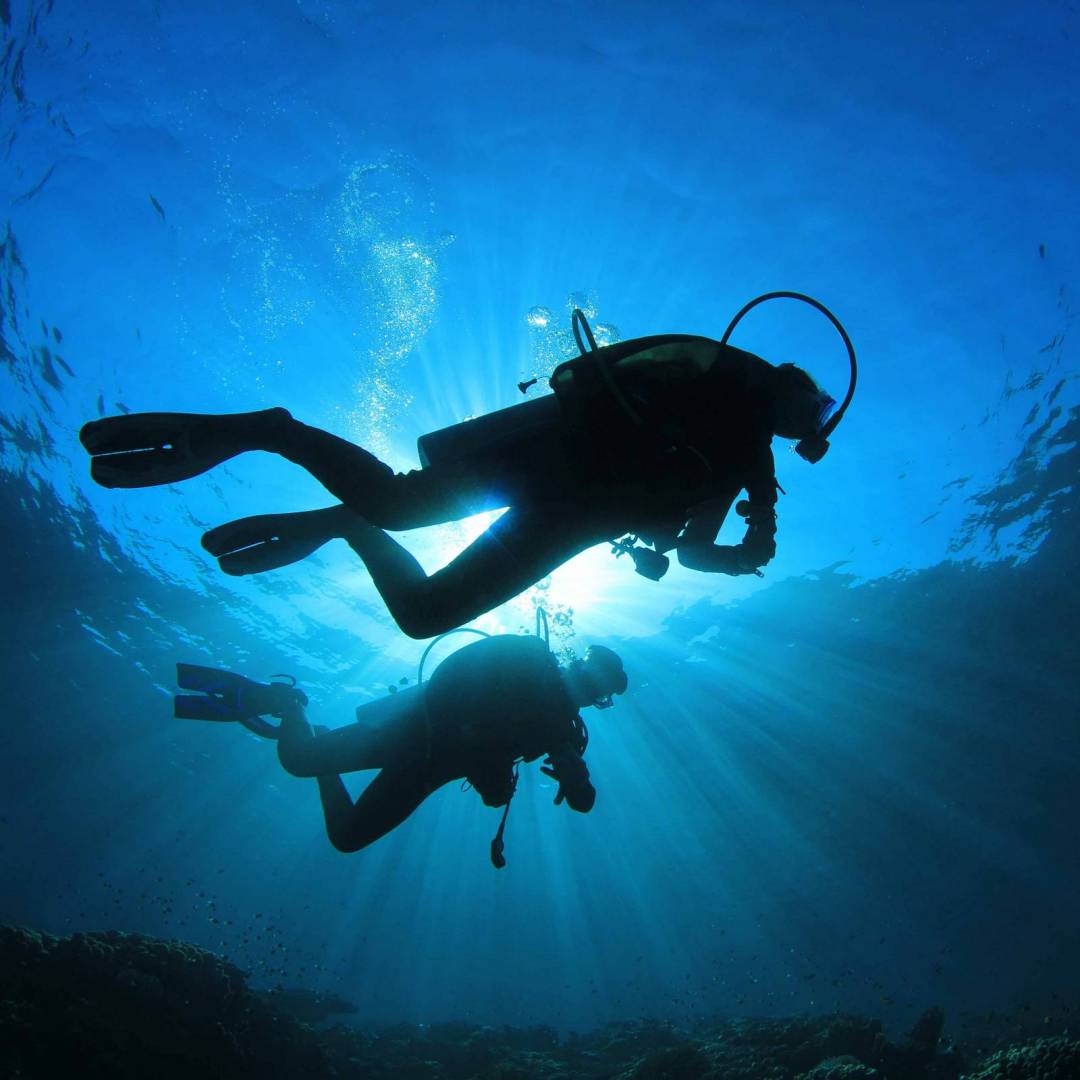Unveiling the World of Corals:
Often mistaken for plants, corals are actually intricate animals that form the foundation of diverse marine ecosystems. Corals often feature thousands, or even millions, of polyps on their surfaces. These tiny, individual animals live together in large groups to form colonies. Each polyp is interconnected with others via a thin tissue known as the coenosarc and sits in a small, cup-like calcium carbonate skeleton called a corallite. Polyps play a vital role in coral reef ecosystems by contributing to their growth and resilience through reef building and maintaining symbiotic relationships with zooxanthellae algae.
From the majestic Brain corals to the delicate Acropora, each species contributes to the rich tapestry of life found in coral reef habitats.
The Importance of Coral Reefs:
Beyond their breathtaking beauty, coral reefs play a crucial role in sustaining marine life and protecting coastal communities. These underwater wonders provide shelter, habitat, and food for countless species, making them essential for biodiversity. Moreover, coral reefs serve as natural barriers, shielding coastlines from erosion and storm damage, by dissipating wave energy. Economically coral reefs support thriving fishing and tourism industries.
Beyond their breathtaking beauty and ecological significance, coral reefs play a crucial role in mitigating the impacts of climate change through their remarkable ability to sequester carbon dioxide (CO2) from the water.
Navigating the Dive: Cautions for Diving Near Coral Reefs:
While diving near coral reefs offers a mesmerizing experience, it comes with a responsibility to protect these fragile ecosystems. Here are some essential cautions to heed:
- Avoid direct contact: Corals are delicate and easily damaged. Even a slight touch can harm coral polyps and disrupt the entire reef ecosystem. Dive with care and refrain from making physical contact with coral formations.
- Beware of marine life: Coral reefs teem with diverse marine species, some of which may pose risks to divers. Stay alert and avoid encounters with territorial or potentially hazardous organisms such as jellyfish or fire corals.
- Maintain proper buoyancy: Achieving and maintaining neutral buoyancy is essential to prevent accidental contact with coral reefs. Practice buoyancy control techniques to navigate the underwater terrain gracefully without disturbing the delicate ecosystem.
- Respect the currents: Strong currents can pose challenges for divers and increase the risk of unintentional contact with corals. Stay vigilant, and be prepared to adapt your dive plan to ensure a safe and enjoyable experience for yourself and the marine life around you.
By following these cautions and diving responsibly, you can explore the wonders of coral reefs while contributing to their conservation and preservation for future generations to enjoy.




Leave A Comment